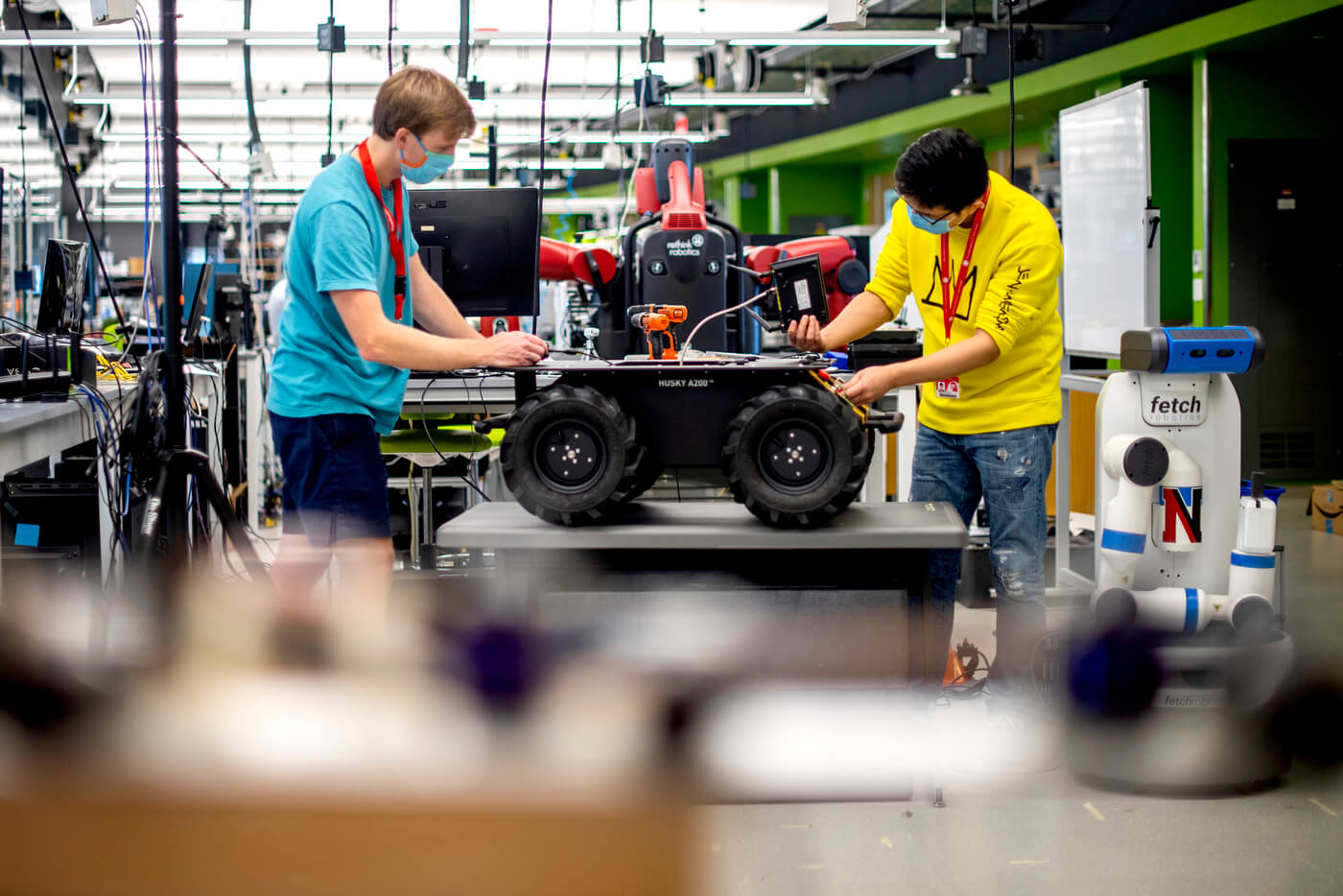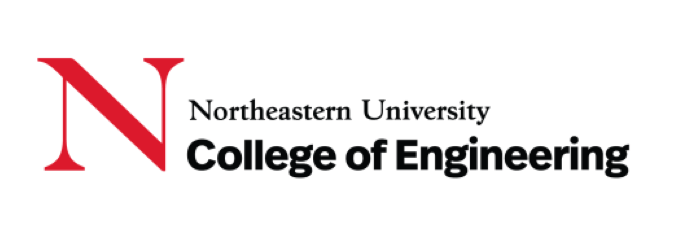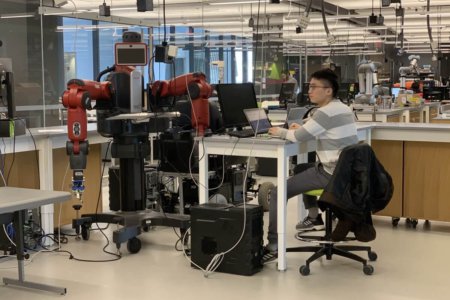Digitisation is transforming business models and creating a rising demand for professionals skilled in understanding data for decision making, and in developing and managing data architectures and information systems. The Digital Evolution Scorecard predicts significant growth of digital economies globally, while the QuantumHub shows a shortfall of talent. This gap is an opportunity for those seeking to advance their career in burgeoning fields.
Aparna V. Alavilli owes her passion for data science to her favourite pastime: running. As a competitive runner, she would use different variables to track her running. Every detail mattered, from mileage, distance, and even her shoes. With this data, she would analyse key indicators for her best records and identify areas that needed improvement.
With a background in mechanical engineering, Alavilli wished to continue merging her passions as an innovation engineering intern at New Balance — a position she finally landed once beginning her postgraduate studies at Northeastern University as a Master of Science in Data Analytics Engineering student. Today, she’s living every runner’s dream: driving digital and footwear innovation through data insight at New Balance, no longer as an intern, but as the company’s first data scientist.
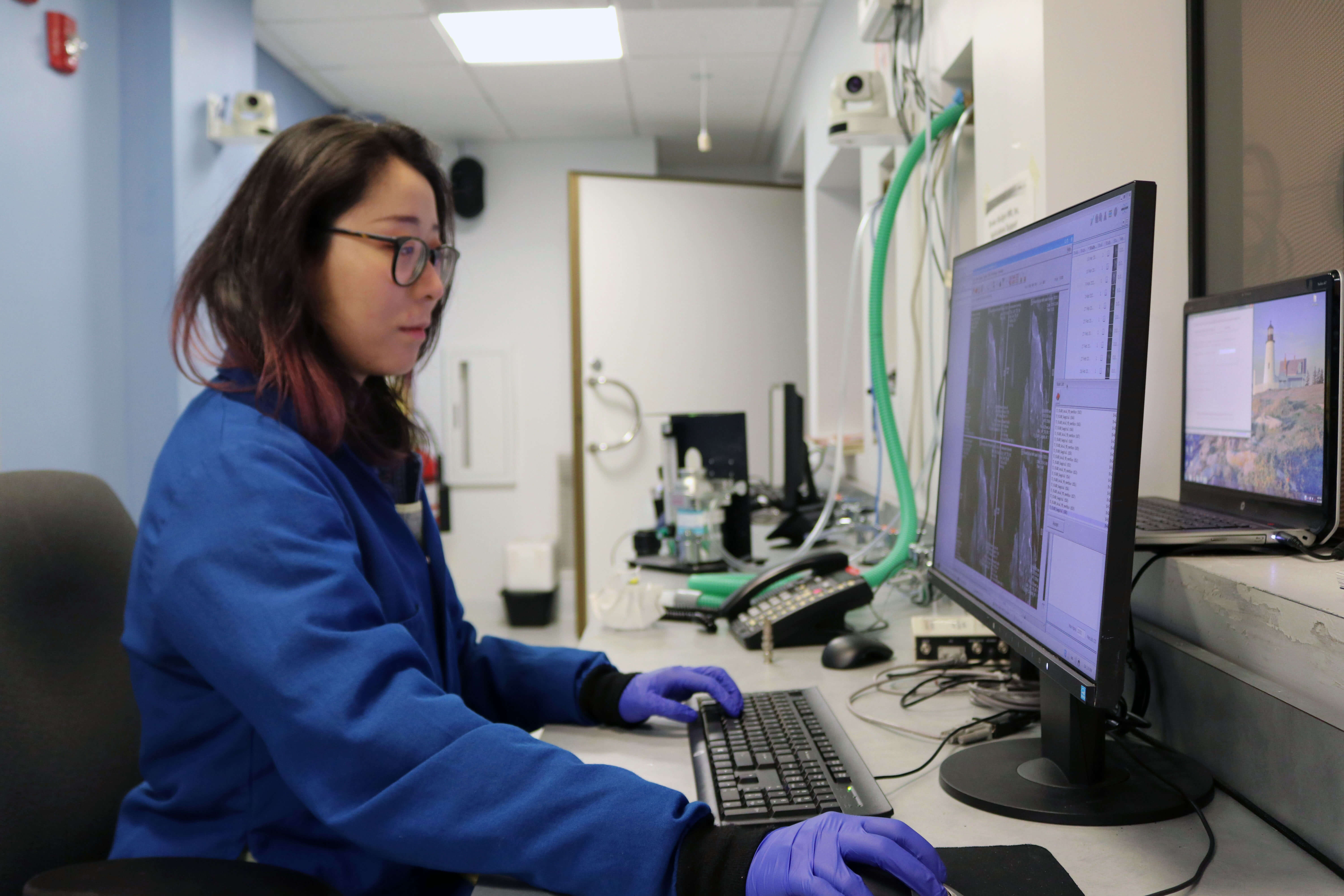
Source: Northeastern University, College of Engineering
To follow in her footsteps, nothing will set an aspiring engineer on the right path better than an advanced degree from Northeastern University. At this R1 institution, you can earn the knowledge, skills, and experience to pioneer innovation in a rapidly evolving, heavily-digitised world.
Located in Boston, Massachusetts, with some engineering graduate programmes also offered in Silicon Valley in California, and in Seattle, Washington — all hubs of innovation — the College of Engineering offers over 25 graduate engineering degrees with a focus on experience-powered learning. Students can gain professional experience with a four, six or eight month co-op through partnerships with 2,100 employers globally. Research experiences are also ready and waiting across 17 institutes and centres — the newest focused on artificial intelligence, IoT, and robotics. Here, students have flexibility to chart their own educational journeys.
The Master of Science in Data Analytics Engineering utilises the power of optimisation, statistics, machine learning and visualisation to equip students with rigorous analytical skills and research experience. The goal is to produce graduates able to use engineering concepts to solve problems and support decision-making in a variety of contexts as data analysts. Students can choose to further specialise in areas such as big data, smart manufacturing, healthcare analytics, network science, machine learning, advanced optimisation, business analytics, financial analytics, insurance analytics, and IoT.
For those looking for an option that merges business intelligence, data warehousing and software engineering, the Master of Science in Data Architecture and Management programme does just that. Here, students are taught the fundamentals of engineering big data systems, curating data as well as integrating and processing data for data scientists and business analysts to interpret — a process that results in effective management.
Whatever your career goal might be, you will be able to customise your experience by expanding your knowledge through courses in data science engineering methods and tools, data management and database design, designing advanced data architectures for business intelligence and engineering big data systems.
During graduate student Varun Senthil’s eight-month co-op at Tennessee-based Oak Ridge National Laboratory, he was able to work on system architecture, bash scripting and SQL, as well as streamlining a process pipeline with Python. With this experience in hand and the robust academic toolkit he gained from Northeastern’s Master of Science in Industrial Engineering programme and Data Analytics Engineering graduate certificate, Sentil plans to take on roles in start-ups to solve bigger real-world issues upon his graduation.
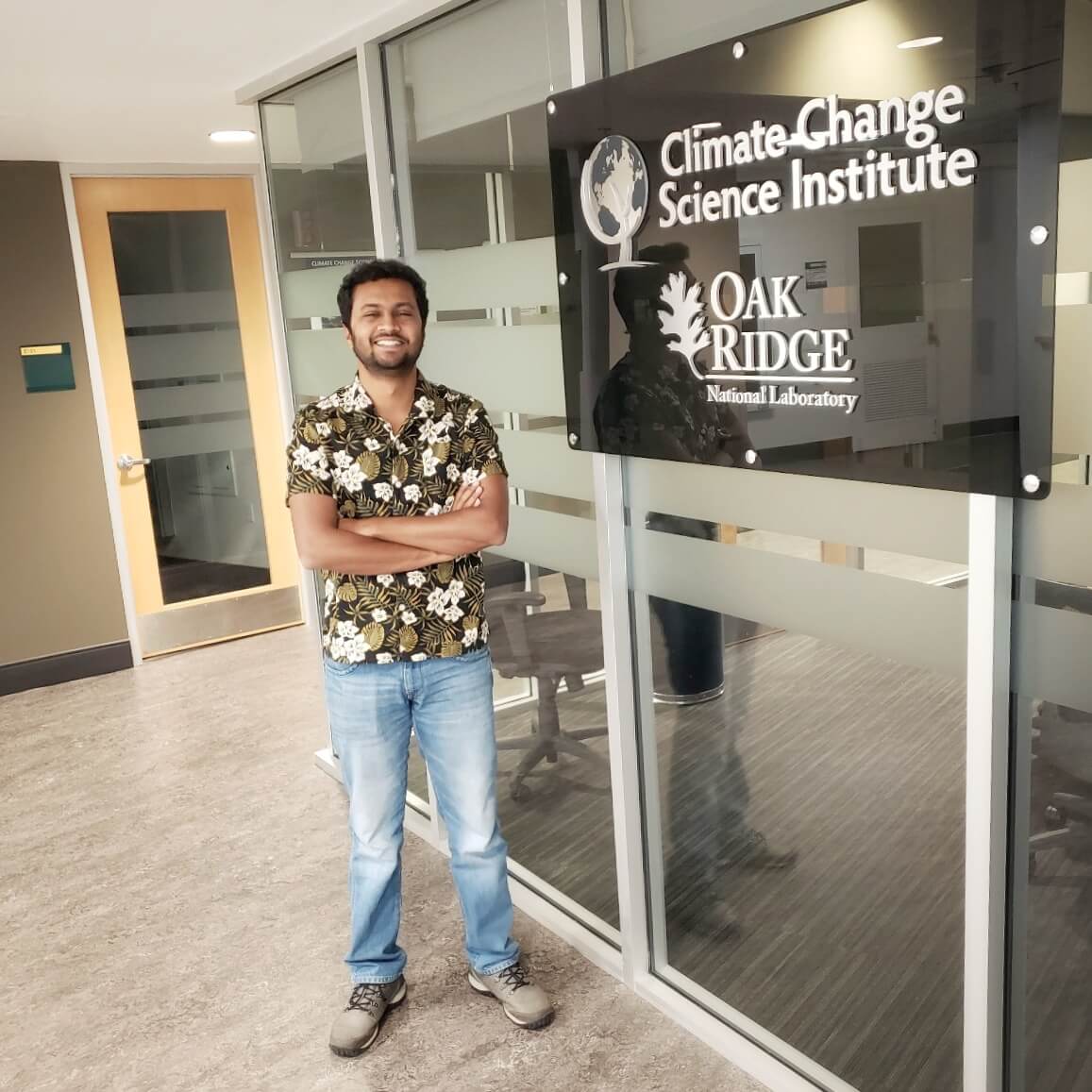
Source: Northeastern University, College of Engineering
“I want to find myself in some of those spaces, using my data skills to optimise their processes,” Senthil said. “I could optimise a company’s operational efficiency so that it can better use its resources and better target the problem it is tackling.”
Another well-reputed, relevant degree is the Master of Science in Information Systems. This programme prepares students for IT leadership, creating graduates who design safe, secure, yet ground-breaking software solutions needed in the business world.
Vaishali Tripathi, a recent MS in Information Systems graduate, completed a co-op at Amazon and was extended a full-time offer upon graduation. The co-op lasted six months and was an invaluable experience that allowed her to learn about developing a Self-Service User Interface-based operational excellence tool for process automation — from scratch!
Courses within this programme include cryptocurrency, smart contract engineering, big data systems, data analytics, cybersecurity engineering and development, UX design, data science and machine learning systems engineering. Paired with these technical skills are the development of interpersonal skills such as business analysis, project planning, agile development and quality assurance.
Those with non-STEM backgrounds have the opportunity to pivot their career into high-tech pathways with the specially designed MS in Information Systems Bridge Admissions Pathway. The College of Engineering also offers a Master of Science in Data Science, which is interdisciplinary with the university’s Khoury College of Computer Sciences.
Whether you want to enhance existing skills or switch career paths to ride the digital wave, Northeastern University has the engineering programmes for it. Learn more about its extensive line-up here.
Follow Northeastern University on Facebook, Twitter, Instagram, YouTube, and LinkedIn

